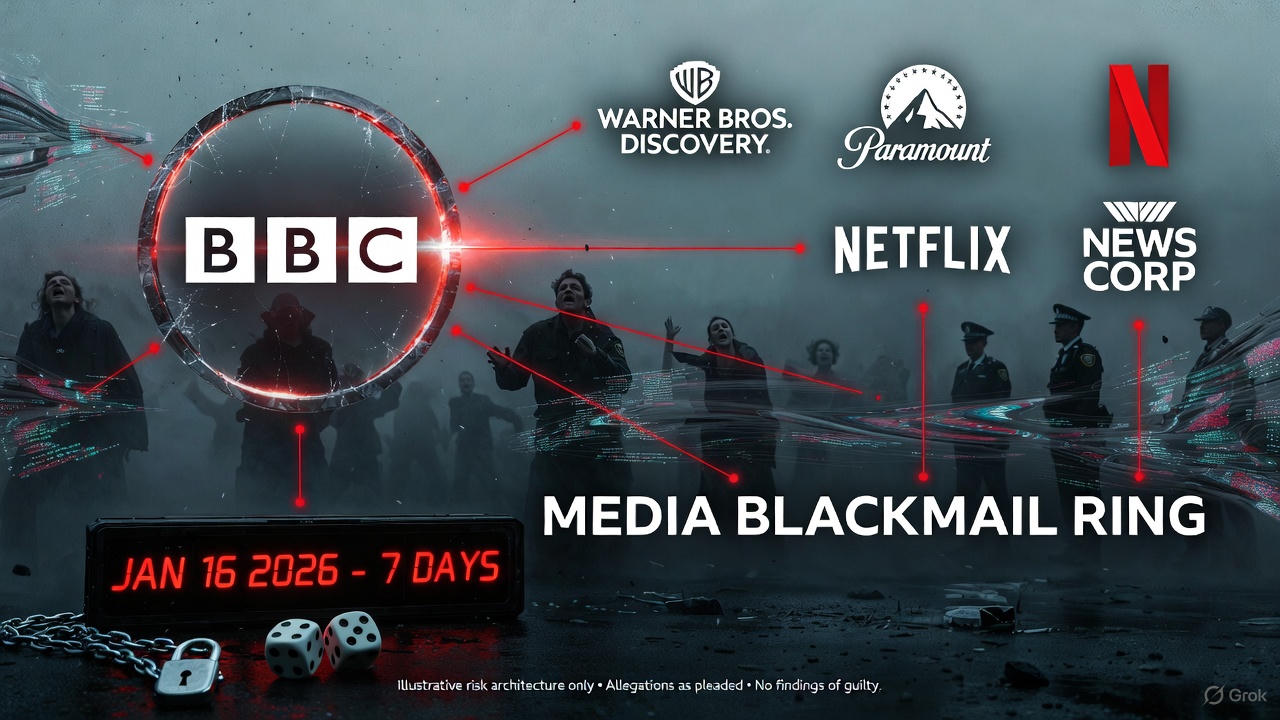In recent months, the editing decisions seen as foundational to journalism have prompted significant fallout, including a $16 million legal settlement and the resignation of two top executives at the BBC, aiding a narrative tightly woven with the contentious persona of Donald Trump.
This week, the BBC faced the consequences of its documentary 'Trump: A Second Chance,' which spliced together quotes from Trump in a manner that suggested he was directly instigating violence during the January 6 Capitol insurrection. The controversy surrounding the editing led to professional fallout for director-general Tim Davie and news chief Deborah Turness.
Similar patterns have unfolded across media networks. Trump’s legal action against CBS for perceived distortions during Kamala Harris’s interview on '60 Minutes' culminated in a settlement, highlighting a new reality where editing choices are scrutinized for potential bias.
Experts suggest that previously, such situations may have warranted straightforward corrections and apologies, but today’s climate, where every cut and edit is under intense political scrutiny, invites hesitance within newsrooms globally.
The stakes are high; Trump has restricted media access based on unfavorable coverage and pursued legal action against several outlets, establishing a precedent that reinforces the seriousness of media expression and its consequences.
In particular, the BBC's editing composited pieces of Trump’s Capitol speech that misrepresented the timeline and intent, reflecting a broader challenge journalists face in an era dominated by platforms requiring rapid and compelling content. Journalism now competes with TikTok-like quickness, a standard that can lead to misrepresentation.
The confluence between media, politics, and technology necessitates that news outlets create strict policies regarding interviews. Recent changes at CBS News require that all taped interviews either air live or in full, preempting potential editing controversies. As seen with Trump's recently aired, yet contentious, interview segments, networks are compelled to adapt to avoid the kind of backlash that arises from editing missteps.
This evolving media landscape shows a shift where transparency has become critical. Many networks are increasingly releasing full, unedited transcripts alongside aired segments to dispel narrative inconsistencies, highlighting the delicate balance between editorial discretion and public accountability.


















